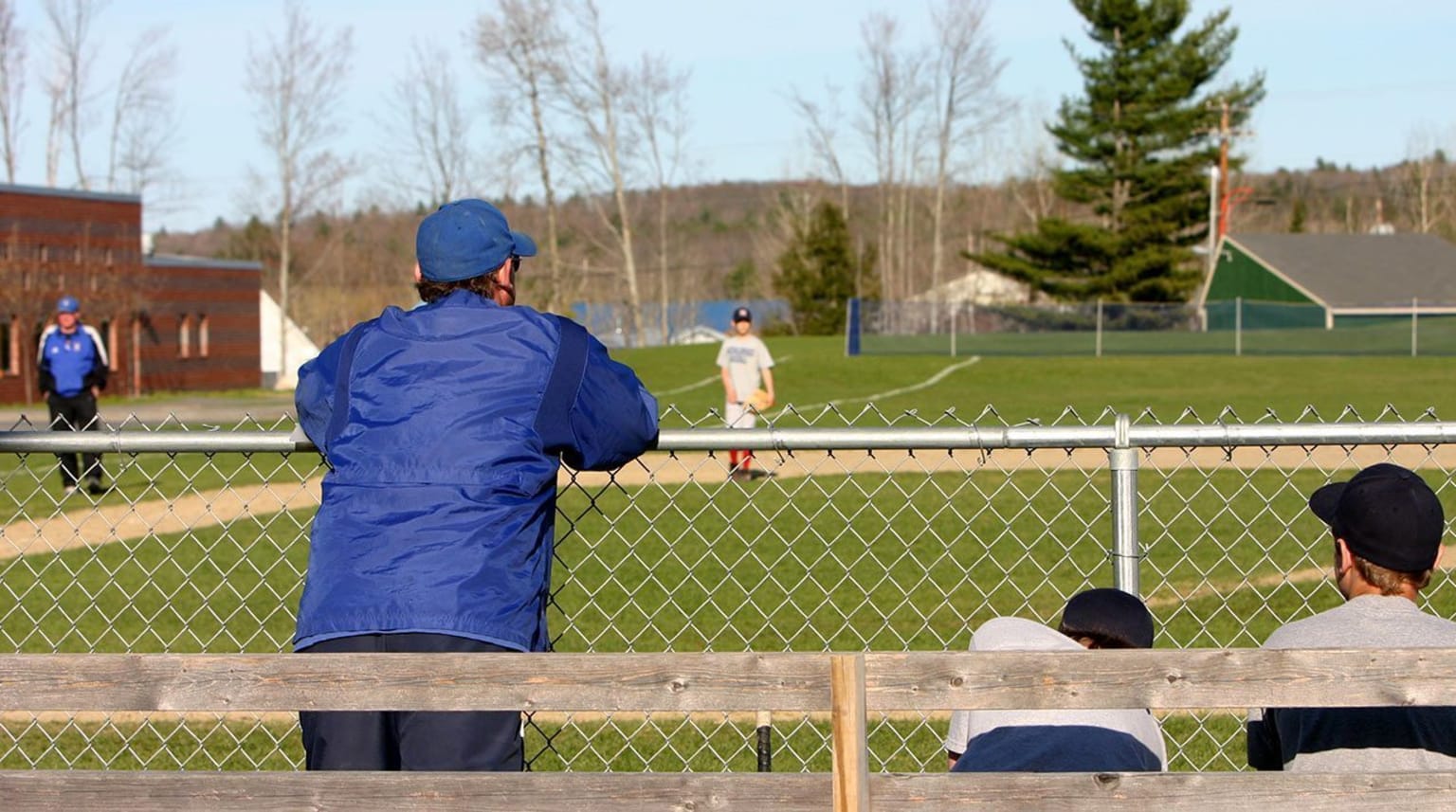Don’t Let This Happen: Lack of Bylaws Governing Actions Detrimental to the League

At Little League® International in Williamsport, Pa., and at our Regional Offices, calls and emails come in all year long about situations that are happening at one of our 7,000 local leagues. Many of these calls and emails inform us of some very positive initiatives spearheaded by our millions of volunteers. However, there are also negative situations.
“Don’t Let This Happen to Your League” details a real-world scenario, how it has impacted a league, and how you might learn from it.
The names have been omitted in the following scenario, but the situation is real.
The Situation
In the bottom of the sixth inning, the score is tied, and there is a runner on third base, with one out. A batter hits a ground ball to the shortstop, and the runner on third breaks for home. The fielder gathers the ball, and throws home, where there is a close play at the plate. The umpire rules “Safe,” ending the game. Convinced the wrong call was made, the losing manager rushes out of the dugout, berates the umpire, bumps him, and is quickly told to leave the field. He continues to rant about the call. An opposing coach tells him to calm down. The irate manager directs his anger toward him, and in front of the children and parents, threatens him physically.
The league’s Disciplinary Committee meets to discuss the incident. Being that this was the manager’s second involvement in a serious situation within the last three years, there’s an effort made by a group of parents to encourage the Committee to dismiss the manager from the league. The Disciplinary Committee begins to conduct an investigation, but the umpire is traveling, and unable to immediately meet with the Committee to present his first-hand account.
The earliest the Committee is able to schedule a meeting with the umpire is a Wednesday, several days after the incident. The manager to be disciplined and his team are scheduled to play a game on the day before the meeting. The league reviews its bylaws and learns that there is no procedure in place stating that the Disciplinary Committee has the ability to sanction or suspend a player, manager, or coach without a formal hearing. The Board tries to convene an emergency meeting, but there are not enough members present for the necessary quorum.
The manager, convinced he’ll be dismissed from the league, takes the field with his team on Tuesday. He grandstands, is verbally controversial with the opposing manager, taunts the umpire, and is kicked out of the game in the second inning. On his way to the parking lot, he gets into several arguments with parents. The police are called, and eventually escort him off the premises.
The Outcome
The League’s Disciplinary Committee, through due process, completed its investigation and presented its findings and recommendation to the full Board of Directors. Although the vote was not unanimous, by way of Board action, the manager was removed from the league for the remainder of the season, citing actions detrimental to the league. The League President also placed into the monthly meeting’s minutes a resolution, banning this individual from nomination consideration in future seasons. In review of this situation, and lack of specific pre-existing bylaws in the league’s Constitution, the Board of Directors also discussed, and eventually developed and adopted, guidelines that outline the role of the Disciplinary Committee and reserved authority to suspend a player, coach, or manager pending review and action by the Board of Directors.
Note to Leagues: In the instance that a local Board of Directors must exact any discipline for an incident occurring under the league’s jurisdiction, it his strongly recommended that the league Constitution and bylaws governing the parameters of the league’s authority be clearly explained. The league is responsible for this protocol, and the procedure must include due process, investigation by a designated group (i.e. – Disciplinary Committee, similar group, designees of the Board), a hearing of the findings, and a final process for disclosing and implementing one or more penalties.